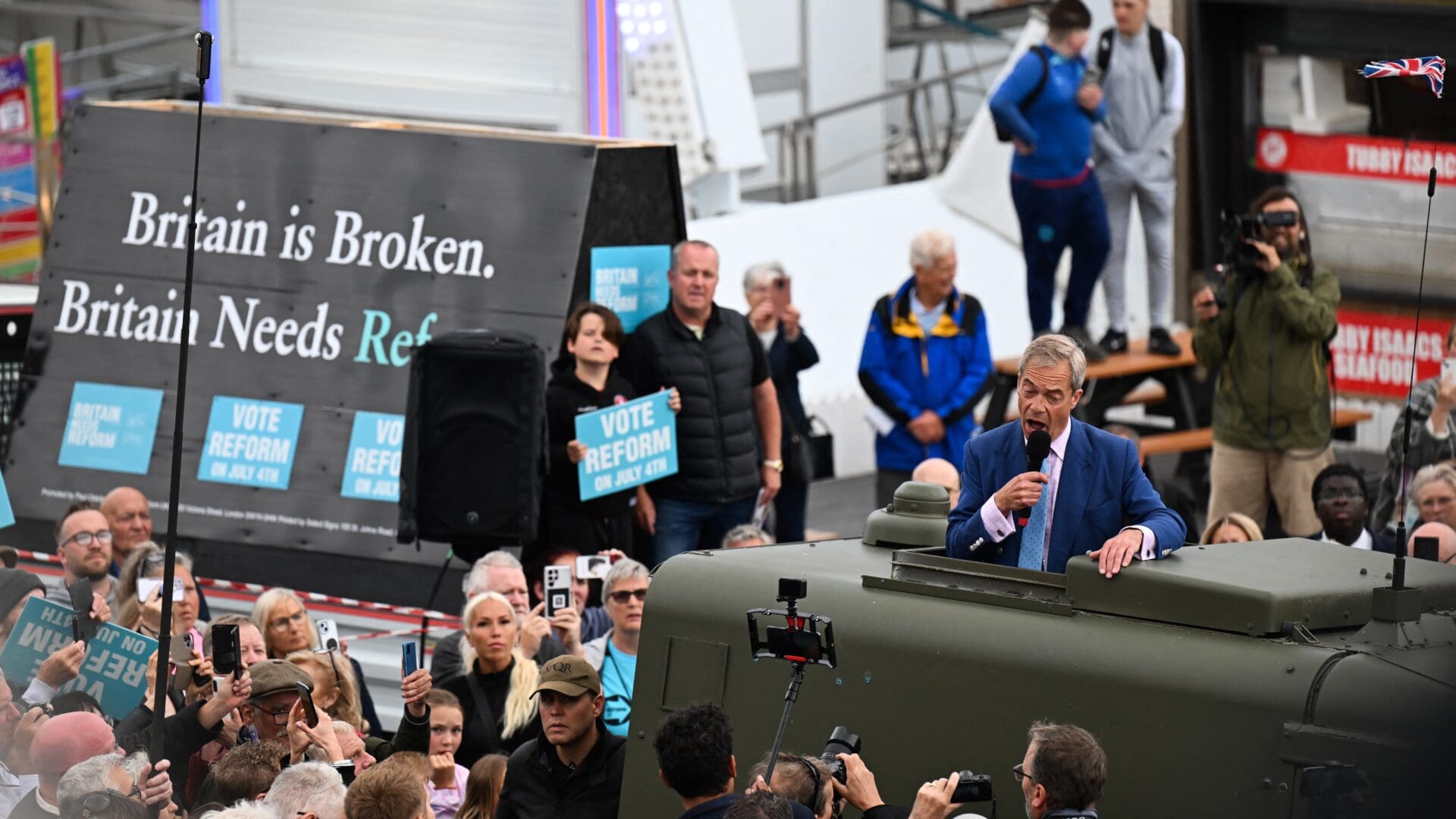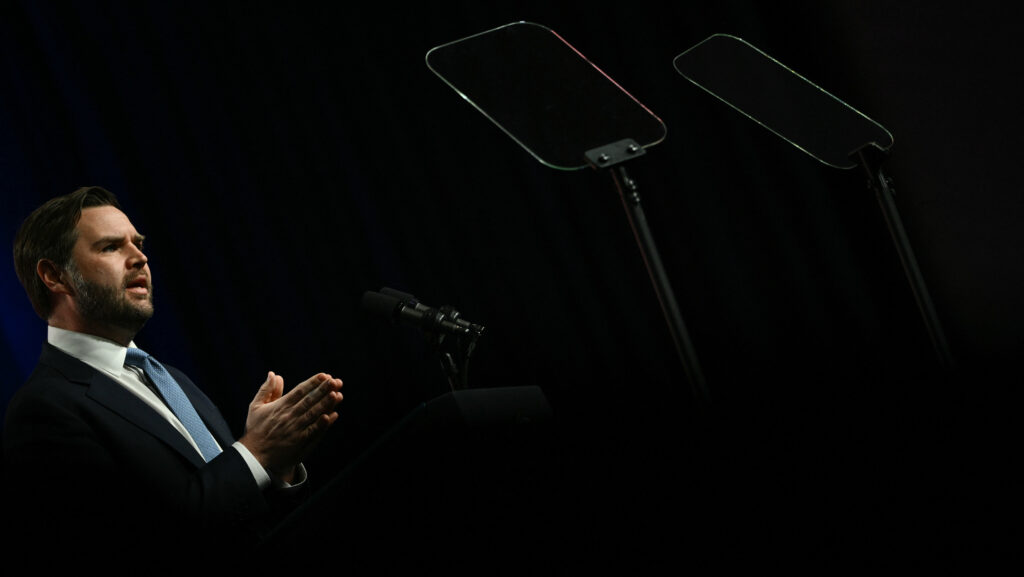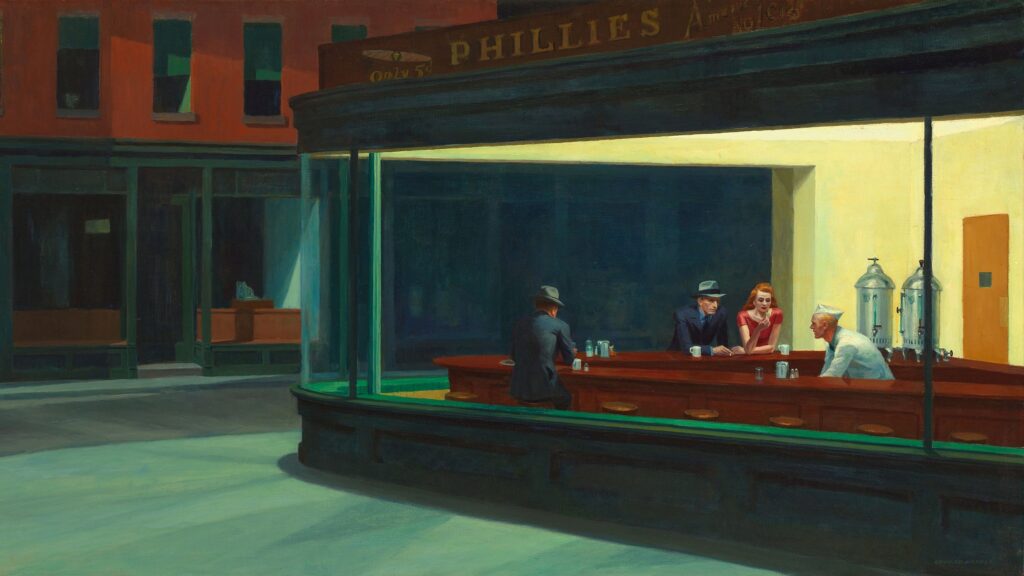Six weeks ago, at the start of the British general election campaign, the opposition Labour Party promised votes for 16 year olds as part of its manifesto. This was seen by many as nothing short of gerrymandering.
Conventional wisdom has long been that British youth skew heavily left. And back then, polls said that British 18-24 year olds were backing Labour by 57 per cent—compared to just 9 per cent for the the governing Conservatives.
As Keir Starmer’s party sweep to victory, Labour will of course have a free hand to implement that manifesto pledge. But it’s one they may yet come to regret making.
On the eve of the General Election, a JLP Partners poll had the hard-right Reform Party in second place with all 16–17 year olds. With males 16 or 17, it polled in joint first place—on 35 per cent. Neck and neck with Labour.
To find a moment where the youth were as likely to vote right as left, you have to go back 45 years. In March of 1979, Margaret Thatcher won a landslide in which she took 42 per cent of the 18-24 year old vote (including the vote of Joy Division’s lead singer, Ian Curtis).
That was in part because the country seemed so utterly exhausted. Litter. Strikes. Economic collapse. A situation that required not simply a change of government, but a change of the whole governing paradigm. A revolution, in other words.
Today, a similar feeling presides. Nothing works, people tell each other. The health service. The post office. The courts. The immigration system. Everywhere, bureaucrats shrug as the wait times get longer, the potholes bigger, the house prices higher. The tax burden is the highest in seventy years.
For the young, home ownership is increasingly impossible, while the bounty of the welfare state has been snatched away from them.
To be young in today’s Britain is to watch your future slide from view.
In the week before the polls, a famed British YouTuber called Aaron Bastani went round the town of Chichester with a cameraman.
On paper, Chichester is highly privileged: a leafy, pleasant market town of the prosperous South; its skyline adorned with church spires and sailboat masts. Yet the young people he spoke to were nihilistic about their prospects. And many were determined to vote for Reform.
‘There’s too many foreigners. It’s a joke,’ says one young guy in a tracksuit, himself evidently of mixed racial heritage. ‘We need to look after our own people…With Reform UK, actual working class British people have a voice.’
‘I haven’t really heard many people talking about Labour, it’s just Reform UK,’ says a well-dressed teenage girl. ‘If you ask anyone around here like 15, 16, they’ll just say it’s all about Reform UK.’
Five years ago, these kids would almost certainly have been on the side of Bastani and his media company, Novara. Novara were the youth apostles of the hard-left former Labour leader, Jeremy Corbyn, who rocked the youth vote by taking an astonishing 62 per cent of it in 2017.
An updated form of the conventional wisdom that ‘young people vote left’ has been that the youth spike in the likes of France’s National Rally is ‘a continental phenomenon’—a fallback myth that Britain likes to please itself with in all sorts of contexts.
National Rally, led by the 28-year-old Jordan Bardella, won 38 per cent of the youth vote in the recent French parliamentary elections, above their 34 per cent total vote share.
Yet all the evidence is that Britain is not immune to these shifting tides. And indeed, that it is the youth who are most pliable to new solutions, and most unhappy with the status quo.
Of course, part of the reason that the 16 year olds of Chichester are talking of little else, is simply that the Reform Party’s social media game has been so much slicker than its rivals. Nigel Farage, its leader, delegated his TikTok campaign to a 23-year-old Zoomer called Jack Anderton. Anderton is not one of the political classes at all. He simply began posting videos of himself talking about why immigration is bad two years ago, and has gradually built up a following. This already put him light years ahead of Labour and the Tories, whose stilted ad agency campaigns—Sunak ‘explaining’ the fiscal position with Coke cans, and Labour deploying a 20-year-old meme—seemed beamed down from another planet.
Secondly,
Farage has cut through simply because—sat between the twin droids of Keir Starmer and Rishi Sunak—he sounds authentic.
Social media rewards realness; kids have hated phoneys since way before Holden Caulfield.
This shift has potentially vast consequences.
Political scientist Professor Eric Kaufman, of the University of Buckingham, has long maintained that what Britain has been witnessing was a long-term leftward shift in the population. That between the heavily progressive education system, the aggressively leftist university system, and trends in personal mobility, young people were no longer ageing out of leftism. The average age at which one is more likely to vote Conservative than Labour was for many years 37, has crept up and up in recent years, as the Millennial cohort has clung onto its progressive beliefs with the same fervour that it clings to other tokens of lost youth. That idea may be about to reverse.
The new synthesis position seems to be that, while the Tory vote has continued to slide among the young, the moment someone offered them a credible rightist alternative, they began to notice.
In fact, it wouldn’t be too much of a stretch to say that same forces that saw the young turn out en masse for the far left Jeremy Corbyn in 2017 have begun to circle around Farage. Like Corbyn, he is an anti-politics figure for an anti-politics age. Like Corbyn, he scandalises the Westminster establishment. As with National Rally, this is a generation in a hurry, one that doesn’t feel it has the luxury of time, to toy around the margins with the same failed solutions of the orthodox.
Now, the timeline is compressing in all directions. Farage is 61. He has, he says, a ‘six-year plan’. That would take him to the next election. If he isn’t PM in 2029, then, he says, he recognises the need to hand over to ‘a younger generation’. For now, his outriders are almost all Boomer Thatcherites like himself.
A British Bardella might still be a long way off. But it is finally possible to see his outline.
Related articles:








